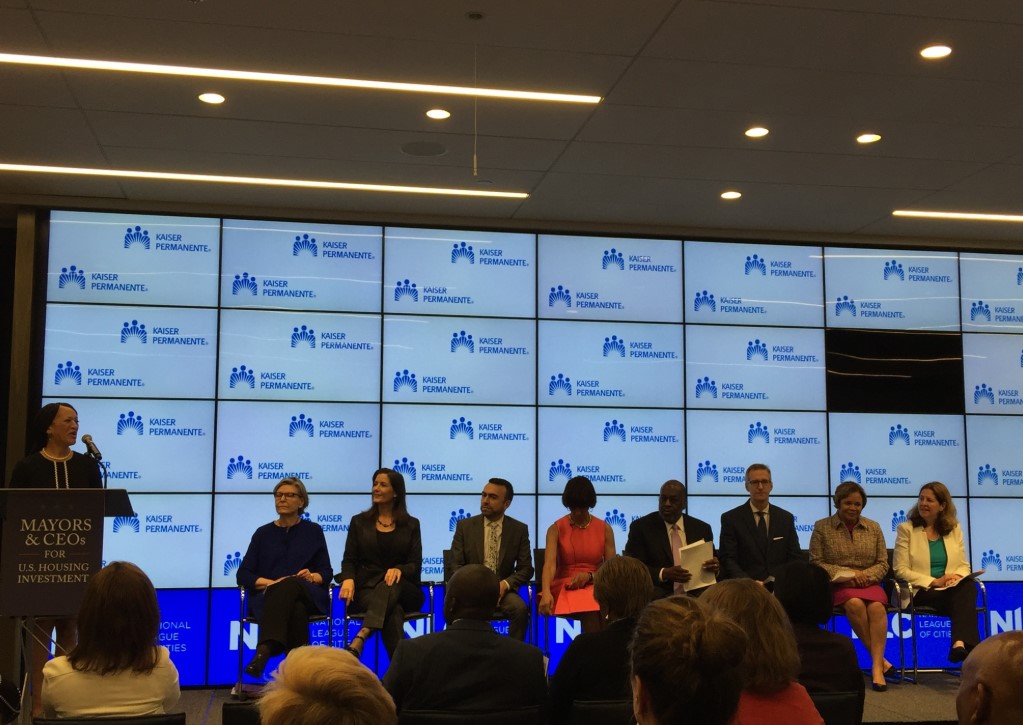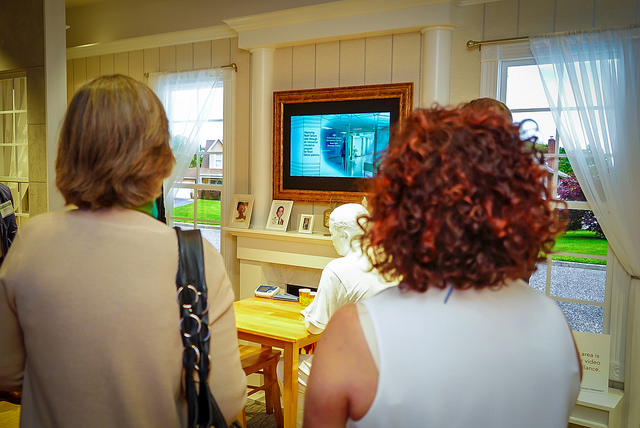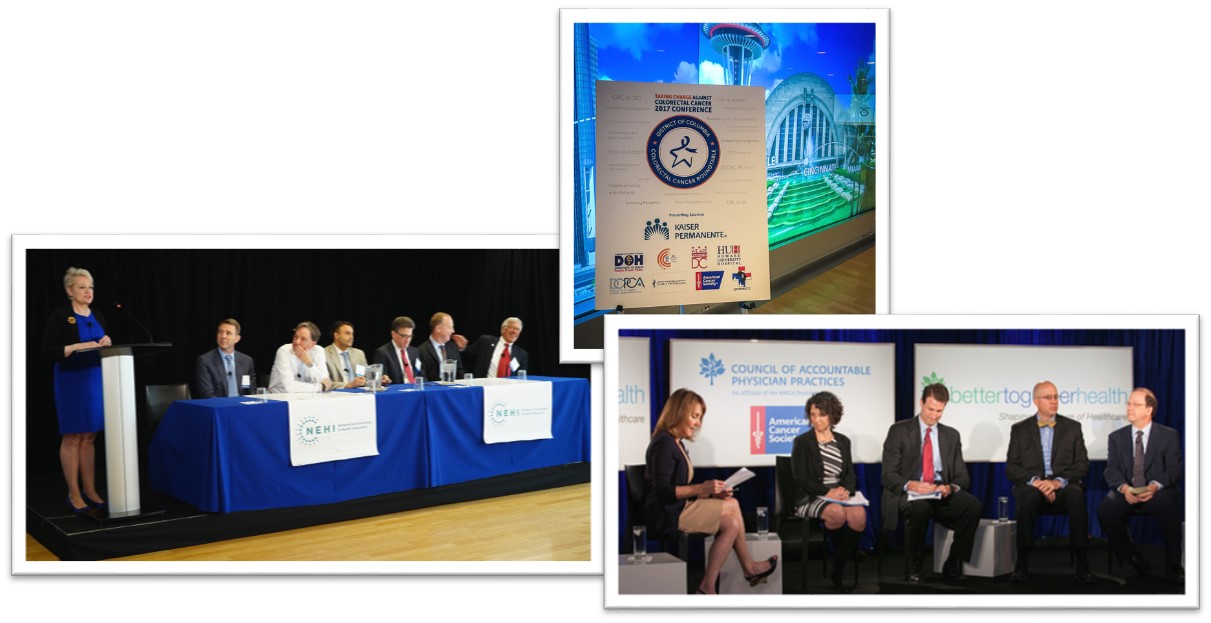 In recognition of National Healthcare Decisions Day on April 16, we spoke with Dr. Dan Johnson, national physician lead for palliative care at Kaiser Permanente’s Care Management Institute, to demystify health care decision making and understand the importance of advance care planning.
In recognition of National Healthcare Decisions Day on April 16, we spoke with Dr. Dan Johnson, national physician lead for palliative care at Kaiser Permanente’s Care Management Institute, to demystify health care decision making and understand the importance of advance care planning.
Q: What is advance care planning and why is it so important?
A: Advance care planning (ACP) is the process of planning for future medical decisions. ACP enables you to better inform and direct your care in situations where you’re not able to speak for yourself. Importantly, ACP:
- starts with reflection and conversation around personal values, goals, and beliefs;
- includes others – loved ones, family members and your health care team; and
- often results in completion of an advance directive – a written plan for future medical care regarding goals of care or desired treatments for a possible or probable event.
It’s not easy to think about serious illness, much less plan for it. Yet we must. Advance care plans protect us when we cannot speak for ourselves. It’s a precious gift to our loved ones. Instead of guessing, our families and doctors have much needed guidance to ensure the right care.
Q: Why do I need to do this, especially if I’m healthy?
A: Accidents and serious illness sometimes strike suddenly. Terri Schiavo never planned for a cardiac arrest at age 26. Without prior plans or an appointed decision maker, her health care team and family were left to guess her wishes around prolonged life support. Sadly, the guessing irreparably divided her family.
Not everyone is ready to fill out an advance directive. Having a conversation with your health care team is still helpful in these instances to communicate the things that matter most to you. Appointing an agent – someone to speak for you if you cannot speak for yourself – is a crucial step at any time, even when you’re not fully sure of your wishes for future care.
Q: I already filled out an advance directive. Do I need to do this again?
A: Possibly. This question is best answered by your doctor and health care team. For example, sometimes documents filled out in one state are not valid in all states. Documents completed in the absence of informed discussions are rarely helpful (and often confusing). I would recommend re-doing your advance directives if you know your plans have changed or if you did not include your loved ones in your original planning discussions.
Q: Do I need to use any specific forms for an advance directive — from a particular care provider, for example?
A: No. For instance, many Kaiser Permanente regions are beginning to offer our members advance care planning classes or one-on-one facilitated sessions — but no one is required to use a Kaiser Permanente advance directive form. Talk with your doctor and health care team to learn about your options.
Anyone can use Kaiser Permanente forms. Regardless of the form you use, be sure to discuss your values, preferences and documents with your health care team.
Q: How can I be reassured that the health care provider will look at my advance directive and follow my wishes?
I’d recommend two things. First, insist on including your health care team in discussions. Your physician and other providers will help you ask the right questions, explore your values, and pose important “what ifs” to help you communicate treatment preferences. The team will help you complete a written directive and assure that directive is correctly stored in your medical record. Second, include your loved ones. Ensure your appointed “agent” is present during actual conversations and completion of directives. Give copies of completed directives to your doctor, agent and other loved ones so that those who are most important to you know your wishes.
A: What happens if I want to update my advance directive? Do I need to fill out a new one?
Remember, advance care planning is not a single event. Rather, it is a series of conversations that start when we’re healthy and continue throughout our lives. Yes, refresh your discussions and directives with major changes in your relationships, personal values or health status. Your doctors (in concert with your appointed health care agent) will always use the most recently completed documents to direct your care.
To learn more, check out this article on the Kaiser Permanente Share site, or find additional resources available from NHDD.




